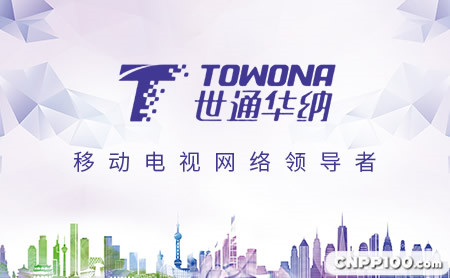
A well-known outdoor media brand, which uses buses as the carrier, through cooperation with local radio and television departments, bus operating institutions and other bus mobile TV agencies, to build a new type of digital mobile TV media
WorldCom Warner Media Holdings Co., Ltd. (hereinafter referred to as WorldCom Warner) is currently China's largest bus mobile TV media group, its operation model is mainly based on buses, through cooperation with local radio and television departments, bus operating agencies and other bus mobile TV agencies, to build a new type of audio-visual media in Chinese cities - digital mobile TV, so as to greatly extend the coverage of TV media to the audience in time and space, and expand the social and economic interests of TV media.
In January 2003, WorldCom Warner was officially established in Xiamen. Since 2006, WorldTone Warner has received capital injection from a number of internationally renowned investment institutions.
In April 2006, WorldCom Warner officially moved its headquarters to Beijing, with core departments such as marketing center, human resources administration center, financial center, film and television center and resource management center, becoming a rare media company with complete significance in the industry. In July 2008, WorldCom Warner introduced Mr. Zhang Zhenzhong, an international media expert and a well-known Chinese entrepreneur, as the chairman and CEO of the group, to promote the implementation of a clearer development strategy and build a new enterprise organizational structure and operation model. At present, WorldTone Warner has a number of subsidiaries and offices across the country.
Today, WorldCom Warner has established a close, long-term and stable strategic partnership with China's provincial and municipal radio and television groups and public transport groups, and continuously improved the overall network of China's mobile TV advertising release, and its mobile TV national advertising network has covered 34 mainstream cities and 17 third- and fourth-tier cities in China, with more than 90,000 buses and more than 140,000 TV viewing terminals, affecting hundreds of millions of urban residents in China and forming a large-scale mobile TV network.












